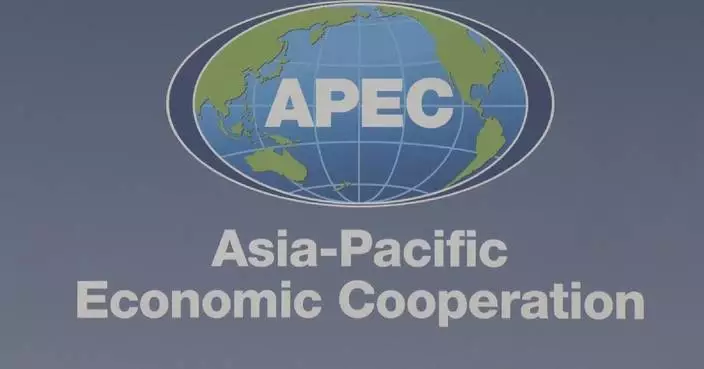U.S. President-elect Donald Trump's recent tariff threats have been dismissed by Spanish residents, though many believe the move will likely have a limited impact on consumers.
Trump stated in December 2024 that the European Union should increase its imports of U.S. oil and gas or face tariffs on its exports, which include goods such as cars and machinery.
Throughout his election campaign, Trump threatened to impose tariffs ranging from 10 to 20 percent on all products from the United States' trading partners, including the European Union.
Speaking in street interviews with China Global Television Network (CGTN) in Madrid, residents criticized the U.S. president-elect's move as a protectionist approach that bears bad consequences.
"He already did that during his previous term, which created challenges for the entire planet. It appears to me that this complicates international relations," said Juan Grau, a resident.
"It looks like yet another action from Donald Trump – unreasonable and one-sided, without regard for the potential consequences for his people and country, as well as the conflicts that might emerge," said Marta Linares, another resident.
"It's a mistake in a globalized world where goods and trade have a general flow, and nothing will go well in that protectionist way," said resident Pablo Martinez.
Most of those interviewed said they believe the U.S. imposing tariffs will have a negative economic impact on Spain and Europe overall.
"I believe the impact on Spain will be significant because, after all, we have a series of businesses or products that the American market demands," said Linares.
"I believe it will affect the European economy overall, because, broadly speaking, when one country imposes tariffs on other countries, those countries will also take similar retaliatory measures against that country, resulting in a contraction. Everything will grind to a standstill," said Martinez.
However, people expressed the belief that the move will have a limited impact on individual consumers.
"As a consumer, I realize that ultimately, this creates a snowball effect. Initially, it shouldn't impact me too significantly since I'm not a business owner. However, this is indeed a snowball effect. When one product gets more expensive, it triggers a chain reaction, and eventually, it will certainly affect me in some way," said Linares.
"I don't believe it will affect me at all. It may have an impact on the global economy, which could lead to a decrease in people's purchasing power, but beyond that, I can't really say," said Pamela Ravina, another resident.
"In the short term, I don't anticipate any impact since that's more of a business issue. As a consumer, I think it won't affect us in the immediate future," said resident Yago Martinez.

Spanish residents share views on Trump's tariff threats




















































